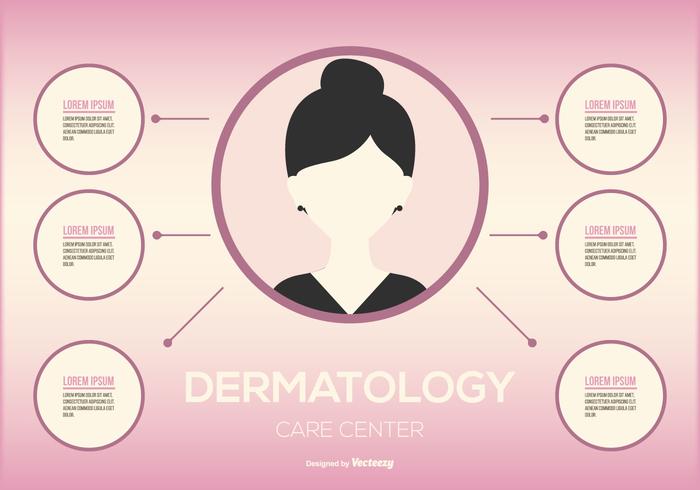Misconceptions And Realities About Acne: Debunking Common Misconceptions
Misconceptions And Realities About Acne: Debunking Common Misconceptions
Blog Article
Article Developed By-Melvin Watts
You may believe that delighting in delicious chocolate or greasy foods is the origin of your acne, but that's simply among numerous misconceptions swirling around this usual skin condition. In fact, acne mainly originates from clogged up hair follicles, not your last dessert. Misunderstandings like these can lead you to take on inadequate skincare techniques that might even worsen your situation. As you browse the facts behind acne, you'll uncover understandings that could change your strategy to skincare and aid you accomplish clearer skin. So, what really exists under the surface?
Common Myths Regarding Acne
When it involves acne, many people rely on common myths that can result in confusion and disappointment. One common misconception is that consuming delicious chocolate or oily foods causes acne. While diet regimen can influence skin health and wellness, the direct web link in between certain foods and acne isn't as clear-cut as several believe.
One more common misconception is that you need to scrub your face strongly to clear up outbreaks. In truth, aggressive scrubbing can irritate your skin and intensify acne.
You might likewise believe that acne just impacts teens, but adults can experience it also, usually because of hormonal modifications or anxiety. Some people think that tanning can clear acne, but sunlight direct exposure can in fact result in skin damage and aggravate outbreaks in the long run.
Finally, numerous believe that utilizing extreme products will eliminate acne quickly. Nonetheless, these products can remove your skin of its natural oils, bring about boosted irritability and more breakouts.
Scientific Details Behind Acne
Recognizing the scientific realities behind acne can encourage you to tackle this usual skin problem better.
Acne happens when hair follicles become blocked with oil, dead skin cells, and microorganisms. This procedure commonly begins with an overflow of sebum, the oil your skin naturally produces. Hormonal changes, particularly throughout the age of puberty or menstrual cycle, can cause this excess oil.
https://www.scmp.com/news/people-culture/social-welfare/article/3136795/chinas-elf-ear-cosmetic-surgery-increasingly known as Propionibacterium acnes thrive in these blocked pores, bring about swelling. When your immune system reacts, it can cause inflammation and swelling, causing those pesky pimples or cysts.
Genes additionally contribute; if your parents had acne, you may be extra vulnerable to it.
Diet regimen and stress levels can influence acne as well, however research is still evolving in these locations. While indulging in greasy foods will not straight cause outbreaks, a well balanced diet can sustain your skin wellness.
Furthermore, taking care of anxiety can decrease hormonal variations that may intensify acne.
Tips for Taking Care Of Acne
Handling acne properly needs a combination of day-to-day skincare routines and way of life changes. Beginning by developing microneedling day by day . Clean your face twice a day with a mild, non-comedogenic cleanser to get rid of dirt and excess oil. Avoid scrubbing too hard, as this can aggravate your skin and get worse acne.
Next, include items consisting of salicylic acid or benzoyl peroxide to aid prevent outbreaks. Constantly follow up with a light-weight, oil-free cream to keep your skin hydrated. Do not fail to remember sunscreen; opt for non-comedogenic alternatives to protect your skin from UV damages without blocking pores.
Beyond skincare, take note of your diet. Restriction sugary and greasy foods, and focus on fruits, veggies, and whole grains. Staying moisturized is important, so beverage plenty of water throughout the day.
Furthermore, take care of anxiety through activities like yoga, reflection, or exercise, as anxiety can trigger breakouts.
Lastly, stay clear of picking or standing out pimples. This can cause scarring and more swelling. If your acne lingers, seek advice from a skin specialist for tailored therapy choices.
Conclusion
Finally, it's necessary to different truth from fiction when it comes to acne. By debunking common myths, you can better recognize your skin and make notified selections for your skin care routine. So, why remain to count on out-of-date ideas when the fact can empower you? Accept much healthier behaviors, focus on gentle cleansing, and remember that managing acne is a journey. With the ideal understanding, you're one step better to clearer, healthier skin.
